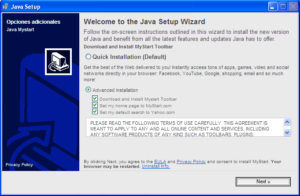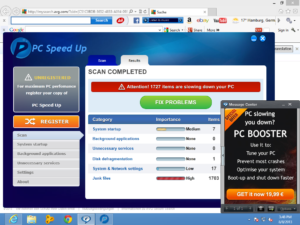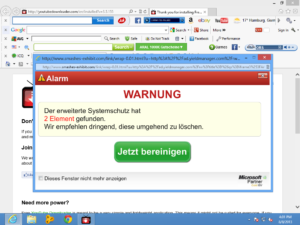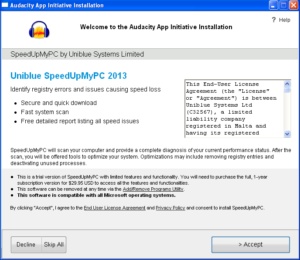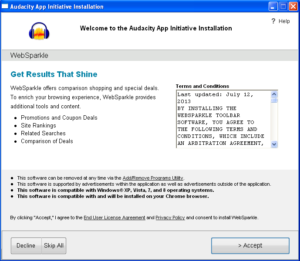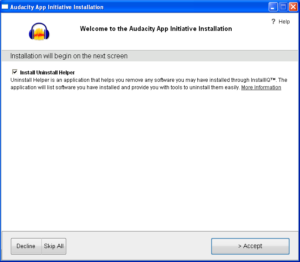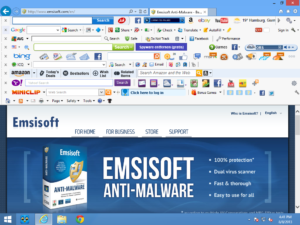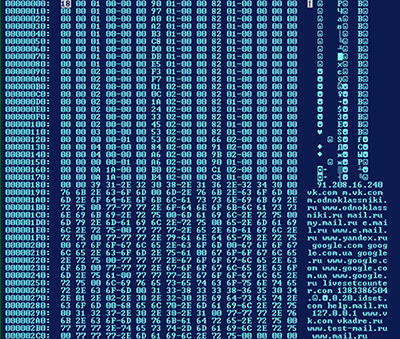| ← Декабрь 2013 → | ||||||
|
1
|
||||||
|---|---|---|---|---|---|---|
|
2
|
8
|
|||||
|
9
|
14
|
15
|
||||
|
16
|
22
|
|||||
|
28
|
29
|
|||||
За последние 60 дней ни разу не выходила
Сайт рассылки:
http://av-host.net
Открыта:
09-03-2012
Статистика
0 за неделю







